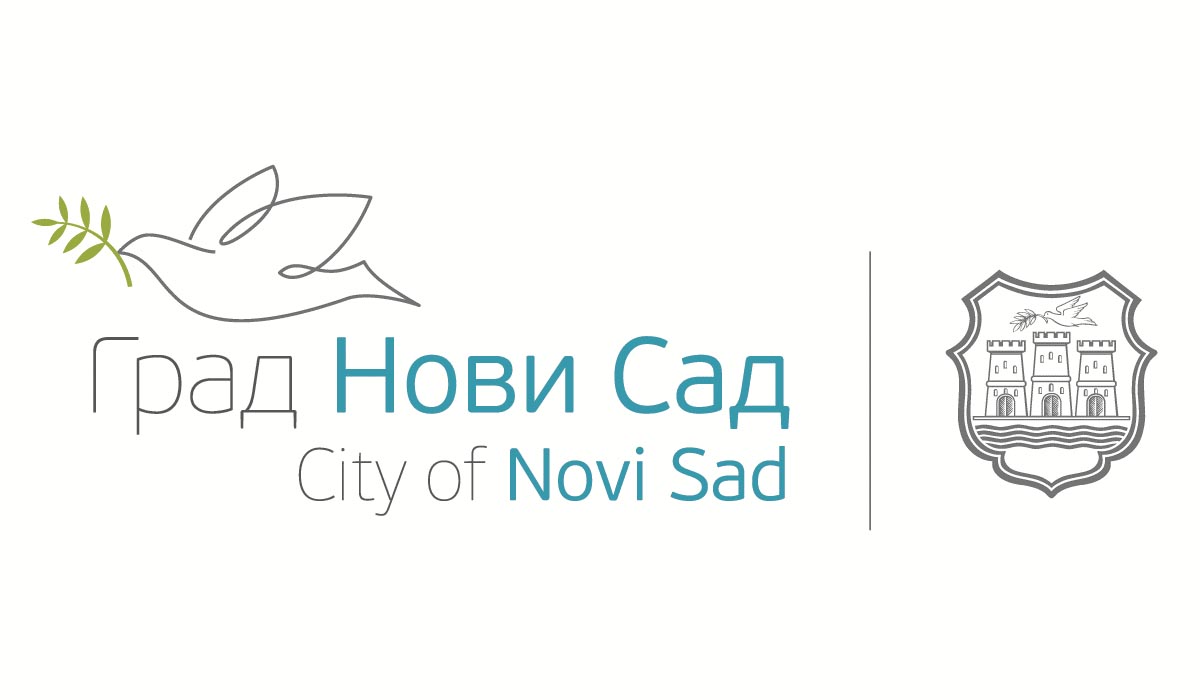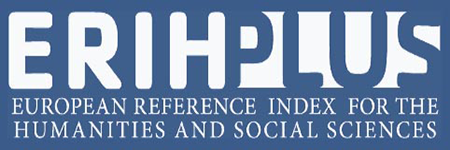STANDPOINTS OF SERBIAN LIBERALS FROM HUNGARY OF SERBO-BULGARIAN WAR
Abstract
Serbian liberal party in Hungary was divided into three fractions in 1884: Conservative, Radical and Liberal. Conservatives accepted a new program in Kikinda which made them closer to the Hungarian government. Radicals wanted to keep the old “Beckerek program”, but they also wanted to supplement it with some socialist ideas. Liberals, as a continuing political party, kept the name Serbian Liberal Party until the end of their existence and they held on to declarative “Beckerek program” and pure national and liberal political platform. From 1885, Serbian liberals from Hungary gathered around “Branik” magazine, which foundation coincided with prewar culmination of relations between Serbia and Bulgaria. There was a dispute between Serbia and Bulgaria due to Serbian emigrants, who escaped to Bulgaria after the failure of mutiny and agitated against the ascendancy of Serbian Kingdom from Bulgarian bordering areas. Moreover, the Timok River changed its course, so that a minor Serbian property near Bregovo belonged to Bulgaria. Russia’s earlier plans were to create “The Grat Bulgaria”, including some Turkish territories which Serbia claimed to it. The duke Aleksandar Betenberg ruled Bulgaria. Russians were against him, and Austrians were on the side of the Serbian government that was supporting Austria. There was a sudden amalgamation of Bulgaria in September 1885, when the Bulgarian patriots in the province of Eastern Rumelija deprived the Turkish governor of his duties. King Milan of Serbia and the chief of progressive government, Milutin Garašanin, were dissatisfied with Bulgarian amalgamation and had neither courage, nor support to get compensation from Turkish territories. Therefore they started a war against Bulgaria, which cause was not taking Bulgarian territories, but returning the Balkans into the previous state. Serbian Liberals from Hungary, Miša Dimitrijević, Paja Janković and Nikola Joksimović, criticized Serbia’s will to begin the war against Bulgaria. They considered Serbia taking Macedonia and Old Serbia to be a fair compensation. Although Serbian Liberals in Hungary were against Serbo-Bulgarian war, they thought that if the war began nevertheless, all Serbs should give their support to it. Serbian Liberals criticized Croatian public which had shown that they were greater sympathizers of Bulgaria than of Serbia. The Liberals answered false accusations of Belgrade newspapers that they supported Bulgaria. When the war began, they appealed to the entire Serbian population to be supportive of Serbian army. After Serbia’s defeat, Bulgarian taking over of Pirot and truce that was due to Austro-Hungarian Empire, Serbian Liberals in Hungary considered continuation of fight, victory and declining of Austria’s interference to be the way out of the situation. In the period between the beginning of the truce on November 28, 1885 and the ratification of the peace on March 3, 1886, there was an intensive political action in Serbia. The king made the first contacts with the leader of the opposing Liberals in Serbia, Jovan Ristic, who made the Serbian Liberals from Hungary to focus their speeches and critics both on Garasanin’s politics and the government of Progressive Party. That way they enabled the abolition of the king’s responsibilities in order to make a fallback for potential government of the political party in Serbia with similar goals.












